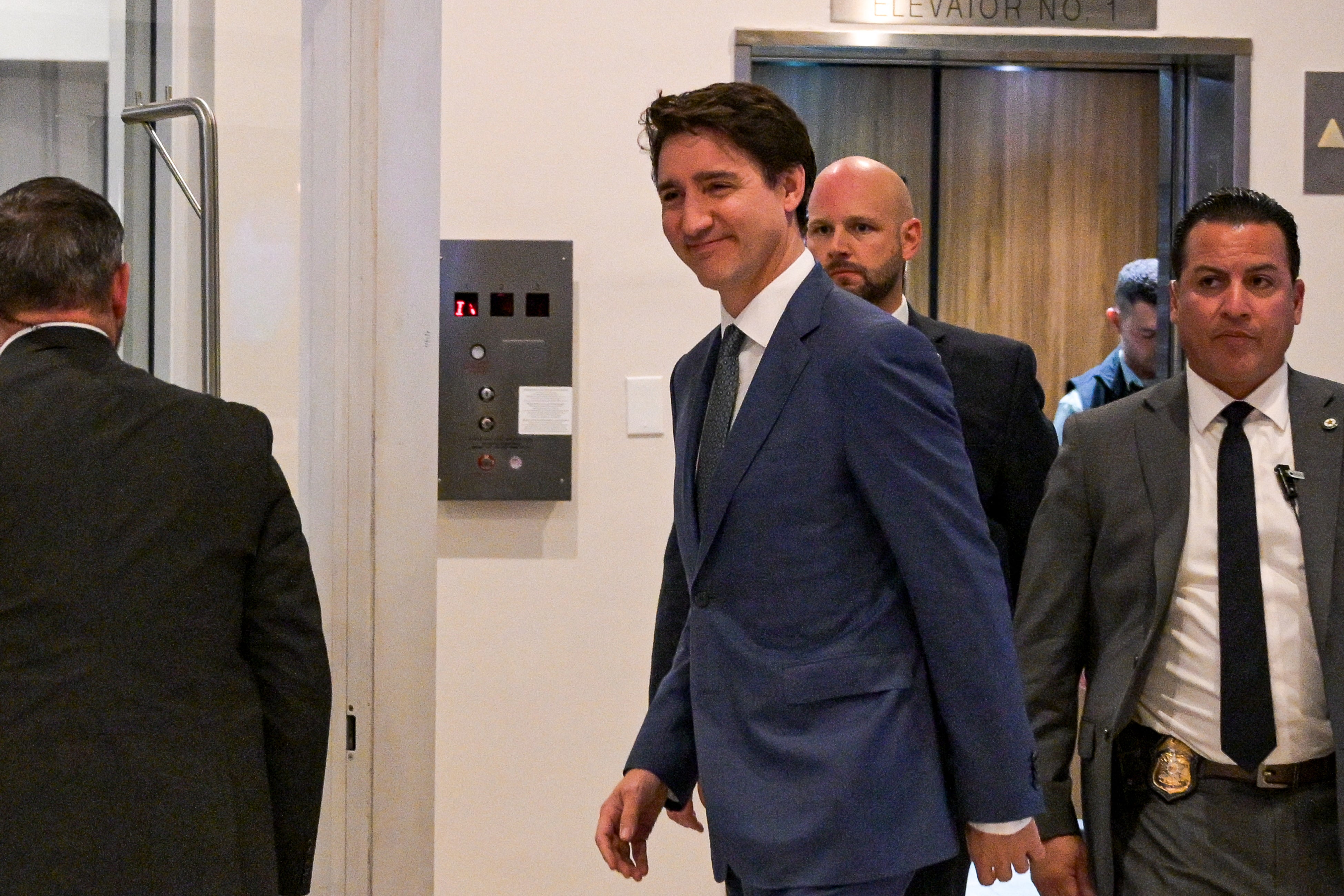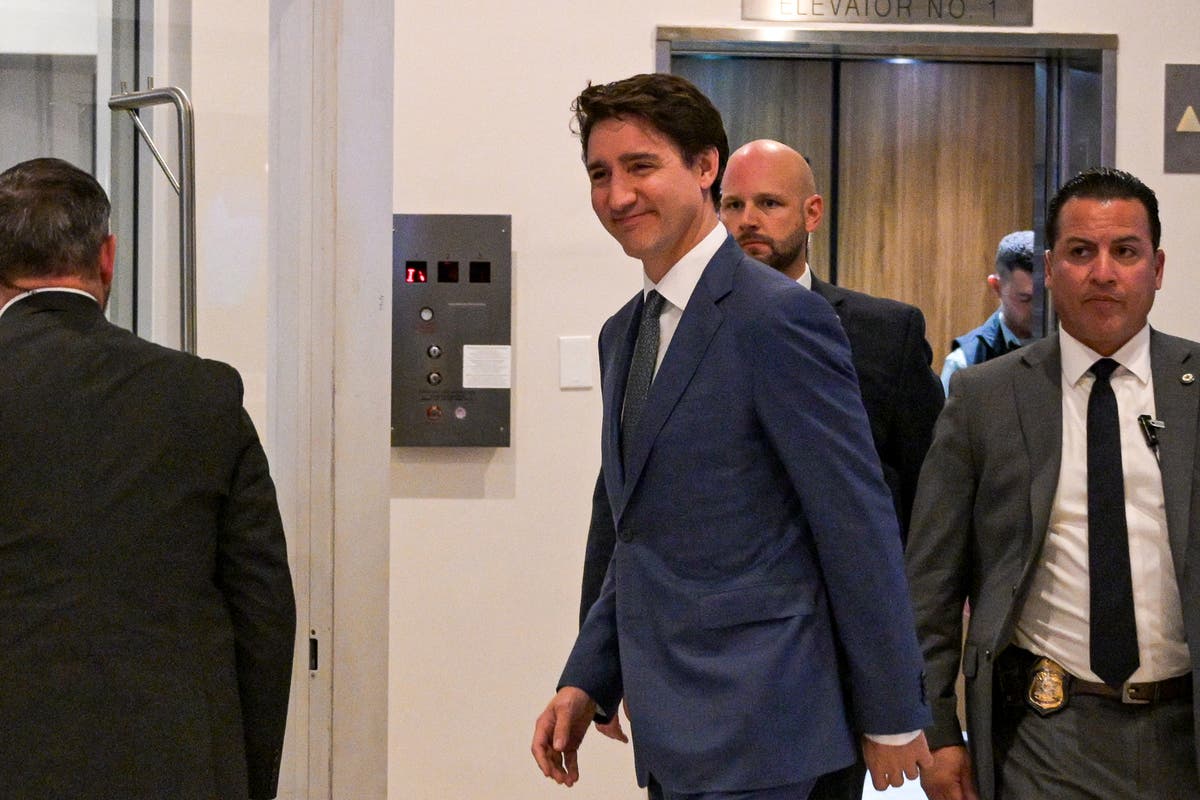Canadian Prime Minister Justin Trudeau arrived in Palm Beach, Florida on Friday evening, part of reported plans to dine with Donald Trump at Mar-a-Lago, after the president-elect threatened Canada with sweeping tariffs earlier this week.
Neither Trump nor Trudeau publicly announced the meeting, but the Canadian official was seen exiting a hotel in the area. He reportedly traveled to Florida alongside Canadian public safety minister Dominic LeBlanc.
Earlier this week, Trump threatened Canada and Mexico with 25 percent tariffs, in what the Republican said was an attempt to crack down on illegal immigration and drug smuggling.
The proposal, which would likely cause massive economic disruption, alarmed officials in Canada.
The U.S. and Canada are each other’s largest trading partners, with some 80 percent of Canadian oil exports going to the U.S.
Doug Ford, premier of Ontario, described Trump’s plans as “like a family member stabbing you right in the heart.”

“Donald Trump, when he makes statements like that, he plans on carrying them out. There’s no question about that,” Trudeau told reporters earlier on Friday.
“Our responsibility is to point out that in this way he would be actually not just harming Canadians who work so well with the United States,” he added. “He’d actually be raising prices for American citizens as well, and hurting American industry and businesses.”
The Mar-a-Lago meeting comes after Trump and Trudeau spoke over the phone in Monday, in what Trudeau said was a “good call.”
Trudeau’s airplane diplomacy contrasts with the approach of Mexican President Claudia Sheinbaum Pardo, who has taken a slightly more confrontational approach from afar.
This week, she sent a letter to Trump accusing him of misrepresenting the dynamic at the border and threatening a “response in kind” to U.S. tariffs.
“Seventy percent of the illegal weapons seized from criminals in Mexico come from your country,” she wrote. “We do not produce these weapons, nor do we consume synthetic drugs. Tragically, it is in our country that lives are lost to the violence resulting from meeting the drug demand in yours.”
“Such a measure would be unacceptable and would lead to inflation and job losses in both the United States and Mexico,” she added of the tariffs.
She also pushed back on claims from Trump on Wednesday, after the president-elect wrote on Truth Social the Mexican leader had agreed to stop Migration through Mexico, and into the United States, effectively closing our Southern Border.”
“We reiterate that Mexico’s position is not to close borders but to maintain bridges between governments and people,” she said, pointing to Mexican efforts to provide aid to migrants entering the country.
All three countries are keeping a close watch on the trade dynamics, as they’re all parties to the United States-Mexico-Canada Agreement (USMCA), the successor trade agreement to NAFTA that was negotiated under the Trump administration.
The USMCA is up for renogiation in 2026.



